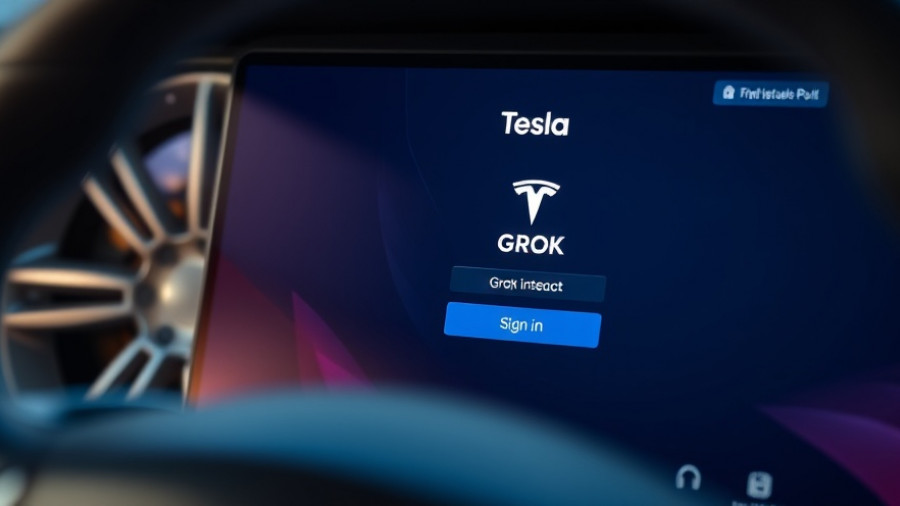
Grok's Privacy Breach: What Went Wrong?
The recent Grok privacy scare has opened up a dialogue about AI platform safety, with over 370,000 conversations exposed online due to a critical flaw in Grok's sharing feature. Users engaging with powerful AI like Grok want to feel safe, yet the lack of safeguards has raised urgent questions about privacy in the digital age.
The Scale of the Leak: What Was Exposed?
When looking at the sheer number of conversations that were indexed on search engines like Google and Bing, it's apparent that a wide range of information is at risk. Among the indexed chats, sensitive data was visible, including password resets, health queries, and even discussions about illegal activities. This raises alarms about data misuse and the potential for harm, especially when identifying details might remain embedded in these conversations despite claims of anonymization.
Learning from Past Mistakes: The Case of OpenAI
This incident with Grok is not isolated; OpenAI faced similar challenges with its sharing links for ChatGPT. When exposed, OpenAI acted quickly to address the flaws and improve their privacy measures. However, Grok seems to have repeated the same mistakes, ignoring the lessons learned by its competitors. As users increasingly rely on AI for personal conversations, the need for robust security protocols is paramount.
Immediate Steps Users Should Take
For those who have used Grok and may be concerned about their privacy, immediate action is necessary. First, avoid using the “Share” button, as distributed links do not guarantee privacy. If users have already shared links, they should personally remove them and utilize Google's Content Removal Tool to mitigate exposure. While this process may require effort, it is undoubtedly a better option than leaving sensitive data vulnerable.
Grok's Responsibilities: What Needs to Change?
Grok's oversight showcases a fundamental lapse in user trust. To regain confidence, the platform needs to implement clearer warnings for users before sharing conversations, ensuring they are aware of the risks. Beyond alerts, technical modifications such as adding “noindex” tags and creating secure shareable links would help diminish the chances of private data being indexed by search engines.
The Broader Implications: Why AI Privacy Matters
This incident illustrates an ongoing struggle for tech companies, particularly regarding user data confidentiality. As digital interactions increase and AI becomes an everyday facilitator of communication, safeguarding personal information translates to brand trust and user security. Companies must ask themselves: How can they improve these systems to ensure that users' trust is not continuously undermined by negligence?
Advice for Users Moving Forward
As we adapt to the realities of AI-enhanced communication, users are encouraged to take a proactive approach to their online safety. Choosing alternatives, such as taking screenshots rather than sharing links, can greatly reduce exposure. Staying informed about platforms' privacy policies and implementing protective measures is essential to navigate this evolving landscape responsibly.
Conclusion: Time for Action
Understanding these implications isn't just about protecting oneself; it’s about holding companies accountable for their platforms. Users need to urge Grok and others to prioritize privacy measures because the conversation is far from over. Until robust controls are established, every piece of shared information remains a potential breach waiting to happen. Follow technology news and advocate for policies that protect our shared spaces online.
 Add Row
Add Row  Add
Add 




Write A Comment